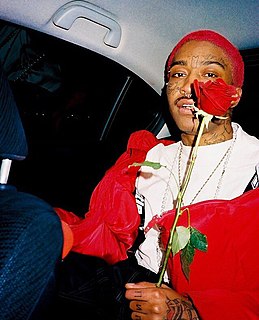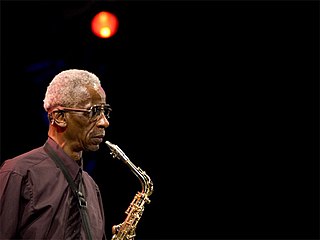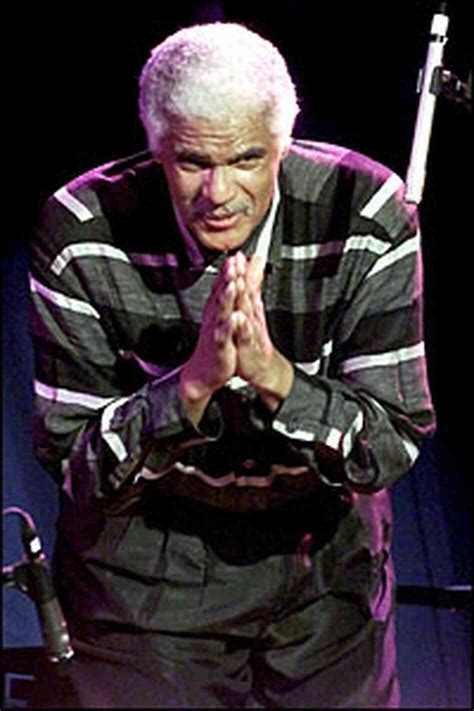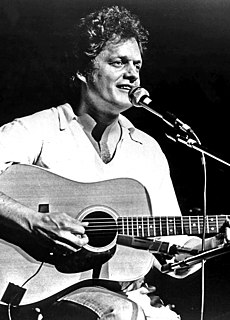A Quote by Vera Farmiga
Related Quotes
In my opinion, everybody has the same soul from God and we are united by that. Outside, our bodies are different, our faces are different, but inside we are all the same, we share the same feelings of sadness, love, pain My music comes out of these feelings. Whether it is Japanese music, African, Qawalli, or any other form of music, if it touches your heart it becomes important for me.
My friends: Music is the language of spirits. Its melody is like the frolicsome breeze that makes the strings quiver with love. When the gentle fingers of Music knock at the door of our feelings, they awaken memories that have long lain hidden in the depths of the Past. The sad strains of Music bring us mournful recollections; and her quiet strains bring us joyful memories. The sound of strings makes us weep at the departure of a dear one, or makes us smile at the peace God has bestowed upon us.
Guys like Future and me, we help create and shape the sound of music - not just Atlanta music, but music all over. If you really pay attention to the music being made, a lot of that is very heavily influenced by the stuff that we created. I listen to so many songs that's like, 'Damn, this sounds like my music!'
When I hear what we call music, it seems to me that someone is talking. And talking about his feelings, or about his ideas of relationships. But when I hear traffic, the sound of traffic - here on Sixth Avenue, for instance - I don’t have the feeling that anyone is talking. I have the feeling that sound is acting. And I love the activity of sound... I don’t need sound to talk to me.
Electronic music was just discovery about sound, all our sound options. The core percussions and melodies, they forget about it, they didn't think about those those for a good four, five years, because they were just discovering the new tools and what they could do with them, you know? The big folk revival, I think is a backlash against that. And now, I think they'll probably try to find somewhere in the middle. It's interesting. It's like push-and-pull. It's always like that, you know? Music history is always like that, this repeating evolution of music.
She [Joni Mitchell] wanted to have that (jazz) element in her music. Of course, when she heard Jaco's [Jaco Pastorius'] music and met him, that floored her -- really grabbed her. She decided that Wayne Shorter was really conducive to her music. She would speak metaphorically about things. "I want this to sound like a taxicab driver, or a taxi in New York," or "I want this to sound like a telephone ringing." She would speak to musicians like that, and we really tuned into what she would want our music to be.
Music expresses feeling, that is to say, gives shape and habitation to feeling, not in space but in time. To the extent that music has a history that is more than a history of its formal evolution, our feelings must have a history too. Perhaps certain qualities of feeling that found expression in music can be recorded by being notated on paper, have become so remote that we can no longer inhabit them as feelings, can get a grasp of them only after long training in the history and philosophy of music, the philosophical history of music, the history of music as a history of the feeling soul.



































